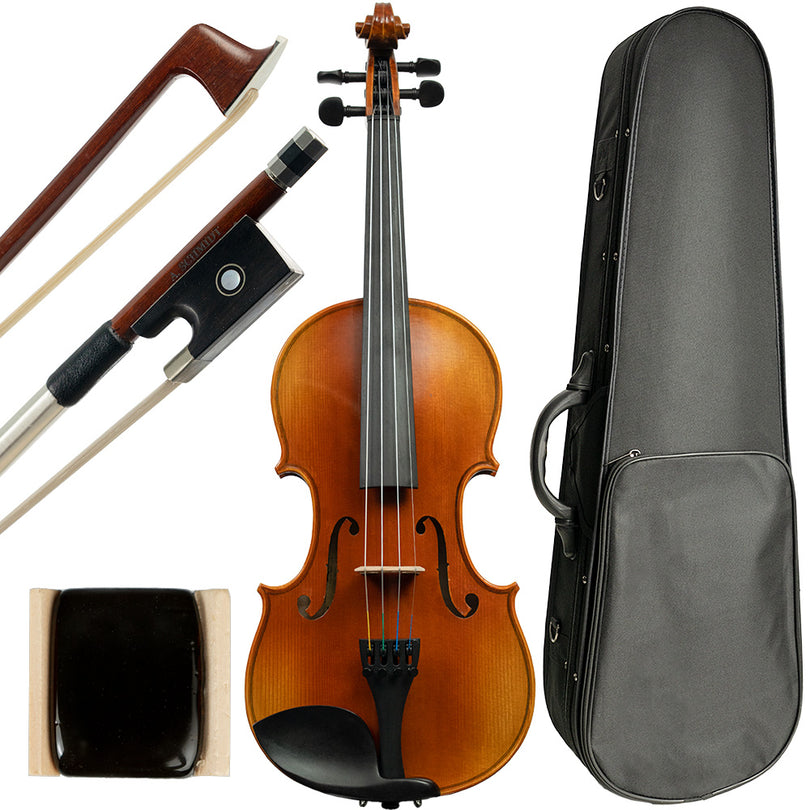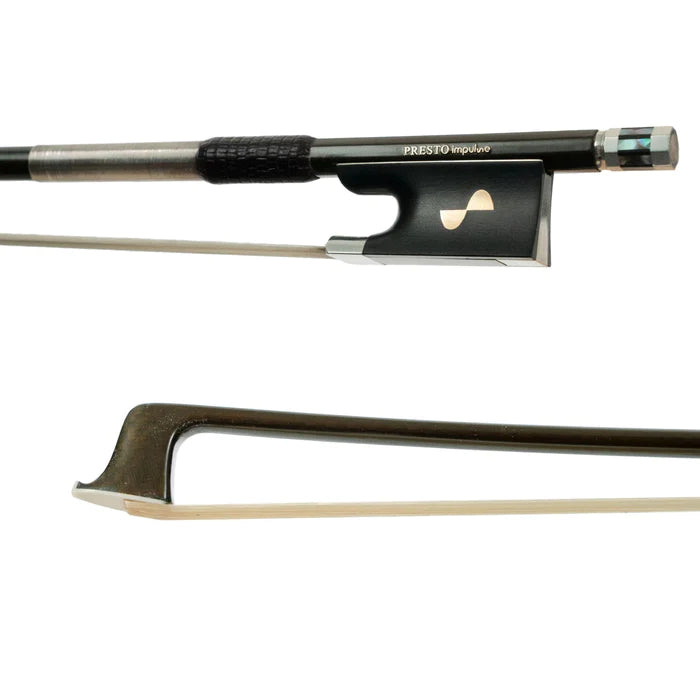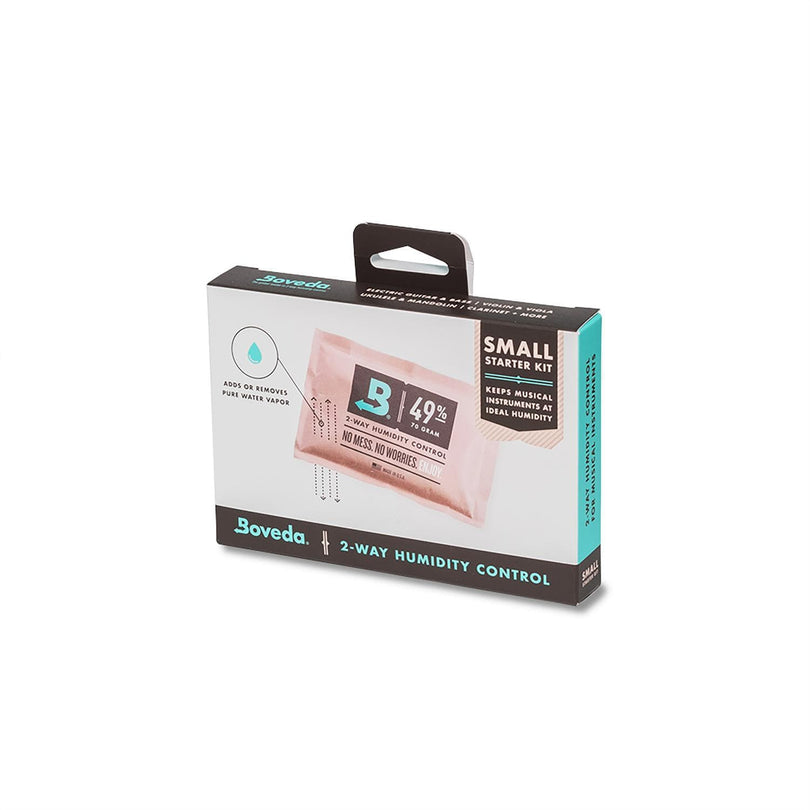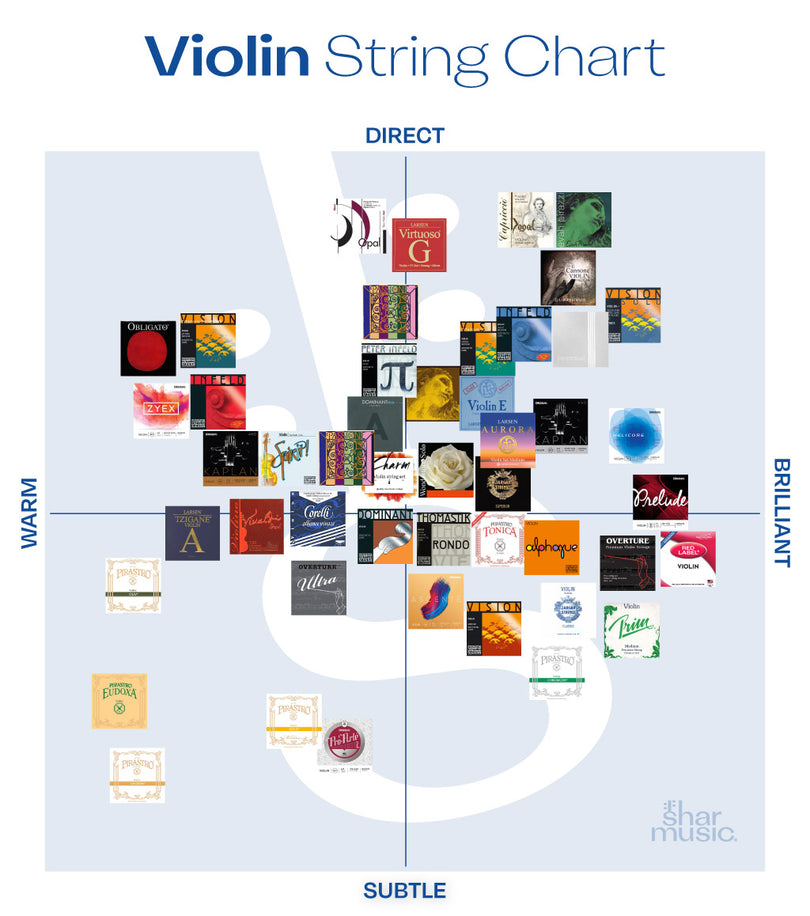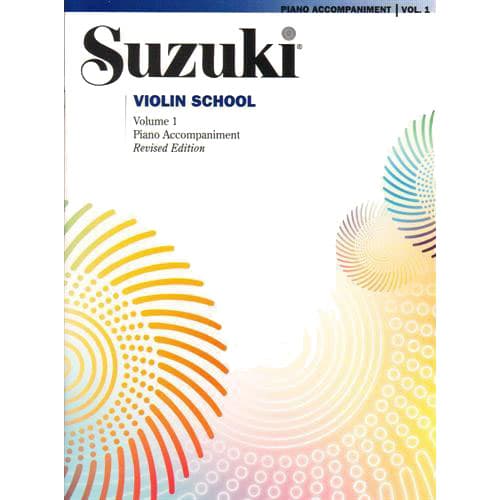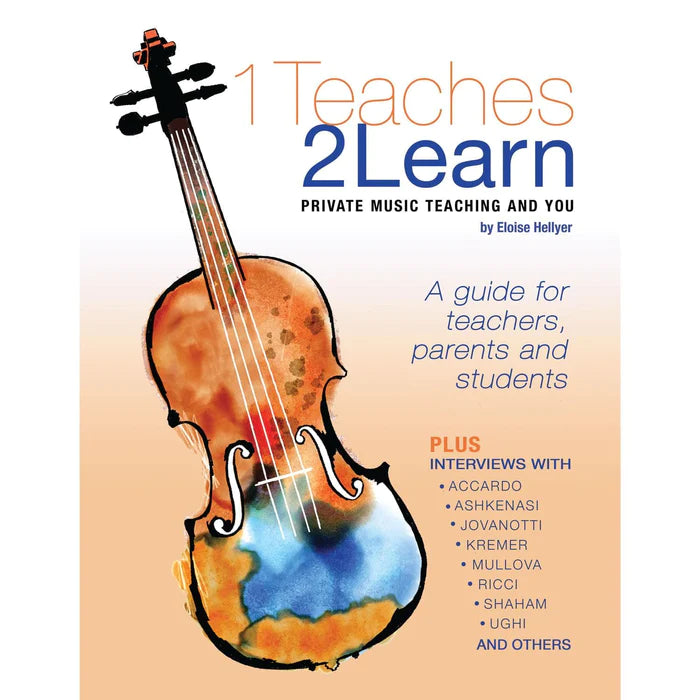We’re officially in the month of September which means it’s time to celebrate Classical Music! As a company that got its start by being the first to sell instrument strings at an affordable price, our motto has always been to make music enjoyment accessible to all. This blog post is for those of you that hold classical music deep in your heart and want to learn more about its history. Let’s jump back in time to when Bill Clinton was President of the United States of America. In 1994, he declared that September would be known as Classical Music month. He stated:
“Classical music is a celebration of artistic excellence. Great art endures through the ages, and in the United States we have embraced that great music and incorporated it into the American experience. Our best art reflects our Nation's spirit—that mixture of discipline and improvisation, the combination of strong individual voices working together at the same time, the bravado, the inventiveness, the dynamism of the American character. Classical music plays in harmony with that energy and spirit to become reinvigorated and reinvented with each new orchestra or chamber group, with every performance that rings out new and fresh.”
Classical music is a major part of musical history. It has been broken down into a handful of eras including: Baroque, Classical, Romantic, and 20th century. The Baroque era took place around 1600-1750 when composers such as Bach, Handel, Vivaldi and Purcell were at the forefront of music. This was a very influential time in music as new instruments and ideas were introduced. The concerto, sonata and opera are major musical styles to come from the Baroque period.
The Classical era spanned from 1750-1830 which was when composers Haydn, Beethoven, Mozart and Schubert, made their mark. The piano was introduced at this time and orchestras advanced from just strings to including other instruments such as flutes, clarinets, oboes, trumpets and horns. Distinct elements of classical music were created during this period that are still prevalent in the classical music we know today. Placing emphasis on melody and how the pieces should be played became an important aspect that inspired composers to add in dynamic markings.
Beethoven continued innovating new music styles into the next era of classical music which is known as the Romantic era. This era spanned from 1830-1900. Additional composers that prevailed during this time include Brahms, Carl Maria von Weber and more. Their compositions were emotionally inspired by the beauty of nature, music, art, poetry and literature. Symphony orchestras came to be during this time as well. Orchestral instruments, players and the overall sound increased to create a fuller and richer musical experience.
As composers continued to push towards unknown territories of sound, a new era was inevitably introduced. This last era that is still current today is the 20th Century classical era. Beginning in the 1900s, this era of classical music was later divided into subcategories. Modernism, impressionism, serialism, and minimalism were new approaches to tonality, dynamics, pitches and harmonies. Compositions during this time period were largely influenced by global politics, current events, lifestyles and more.
Now that you know a little bit more about the history of the classical music genre, it’s time to celebrate! You can celebrate by listening to your favorite compositions and sharing them on your socials with your friends. We also invite you to check out our Carlo Lamberti™ Sonata Violin which is teacher- rated as best in class for its level. Carlo Lamberti Sonata: Violin's Classical Charm. (sharmusic.com)
Did you enjoy this blog? Let us know your thoughts in the comments.
“Classical music is a celebration of artistic excellence. Great art endures through the ages, and in the United States we have embraced that great music and incorporated it into the American experience. Our best art reflects our Nation's spirit—that mixture of discipline and improvisation, the combination of strong individual voices working together at the same time, the bravado, the inventiveness, the dynamism of the American character. Classical music plays in harmony with that energy and spirit to become reinvigorated and reinvented with each new orchestra or chamber group, with every performance that rings out new and fresh.”
Classical music is a major part of musical history. It has been broken down into a handful of eras including: Baroque, Classical, Romantic, and 20th century. The Baroque era took place around 1600-1750 when composers such as Bach, Handel, Vivaldi and Purcell were at the forefront of music. This was a very influential time in music as new instruments and ideas were introduced. The concerto, sonata and opera are major musical styles to come from the Baroque period.
The Classical era spanned from 1750-1830 which was when composers Haydn, Beethoven, Mozart and Schubert, made their mark. The piano was introduced at this time and orchestras advanced from just strings to including other instruments such as flutes, clarinets, oboes, trumpets and horns. Distinct elements of classical music were created during this period that are still prevalent in the classical music we know today. Placing emphasis on melody and how the pieces should be played became an important aspect that inspired composers to add in dynamic markings.
Beethoven continued innovating new music styles into the next era of classical music which is known as the Romantic era. This era spanned from 1830-1900. Additional composers that prevailed during this time include Brahms, Carl Maria von Weber and more. Their compositions were emotionally inspired by the beauty of nature, music, art, poetry and literature. Symphony orchestras came to be during this time as well. Orchestral instruments, players and the overall sound increased to create a fuller and richer musical experience.
As composers continued to push towards unknown territories of sound, a new era was inevitably introduced. This last era that is still current today is the 20th Century classical era. Beginning in the 1900s, this era of classical music was later divided into subcategories. Modernism, impressionism, serialism, and minimalism were new approaches to tonality, dynamics, pitches and harmonies. Compositions during this time period were largely influenced by global politics, current events, lifestyles and more.
Now that you know a little bit more about the history of the classical music genre, it’s time to celebrate! You can celebrate by listening to your favorite compositions and sharing them on your socials with your friends. We also invite you to check out our Carlo Lamberti™ Sonata Violin which is teacher- rated as best in class for its level. Carlo Lamberti Sonata: Violin's Classical Charm. (sharmusic.com)
Did you enjoy this blog? Let us know your thoughts in the comments.

